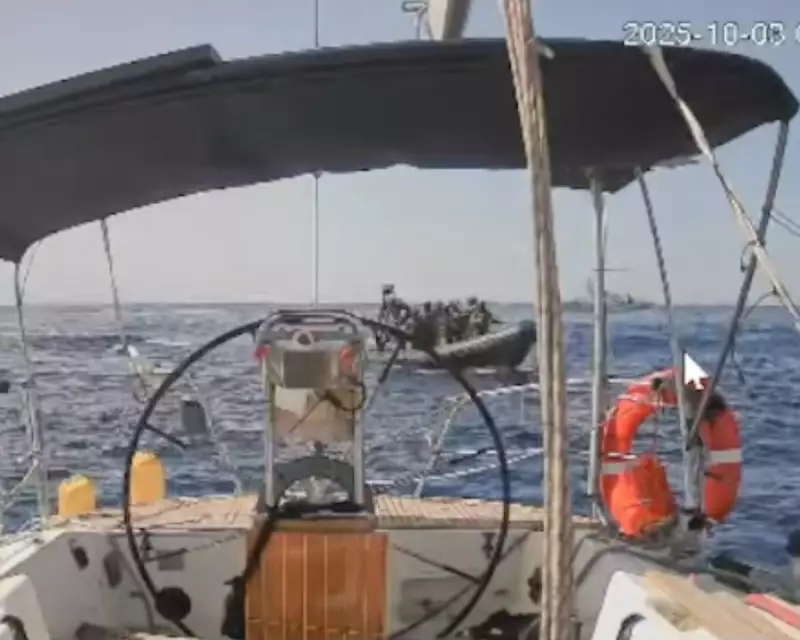
In a dramatic Mediterranean confrontation, Israeli naval forces have intercepted the final vessel of a three-boat pro-Palestinian flotilla, effectively ending the latest attempt to challenge the long-standing blockade of the Gaza Strip.
The interception occurred approximately 100 nautical miles from the Gaza coastline, with the Israeli military confirming they had redirected the vessel toward the Israeli port of Ashdod after the crew refused to alter course voluntarily.
The Flotilla's Composition and Mission
The activist mission, organised by the Freedom Flotilla Coalition, consisted of three vessels carrying 42 participants from various nations. Their stated objective was to deliver humanitarian supplies to Gaza's 2.3 million residents and draw international attention to the ongoing blockade.
Among the intercepted ships was the Handala, named after the iconic Palestinian refugee child character, which carried symbolic amounts of medical equipment and food supplies intended as a gesture of solidarity.
Military Protocol and Safety Claims
According to Israeli defence officials, the interception followed established protocols designed to minimise risk to all parties. Naval commanders reported that communication attempts were made for several hours before the decision to board was taken.
"The Israeli Navy followed the required operational procedures and international law," stated a military spokesperson. "After repeated warnings were ignored, we conducted a peaceful takeover of the vessel without reported injuries."
Historical Context of Maritime Activism
This incident marks the latest chapter in a series of activist attempts to breach the Gaza maritime blockade. The most notorious previous encounter occurred in 2010 when Israeli commandos raided the Mavi Marmara, resulting in the deaths of nine Turkish activists and severely straining diplomatic relations.
Unlike that deadly confrontation, recent interceptions have generally concluded without violence, though they continue to generate significant international debate about the legality and morality of the blockade.
Differing Perspectives on the Mission
Flotilla organisers condemned the interception as "an illegal act against a peaceful humanitarian mission" and accused Israel of violating international waters navigation rights.
Conversely, Israeli authorities maintain that the blockade represents a necessary security measure to prevent weapons smuggling to Hamas and other militant groups in Gaza. They offered to transfer any legitimate humanitarian cargo through established land crossings after security inspection.
The complete neutralisation of this flotilla underscores the continued effectiveness of Israel's naval monitoring capabilities and its determination to enforce the blockade despite ongoing international criticism and activist challenges.






